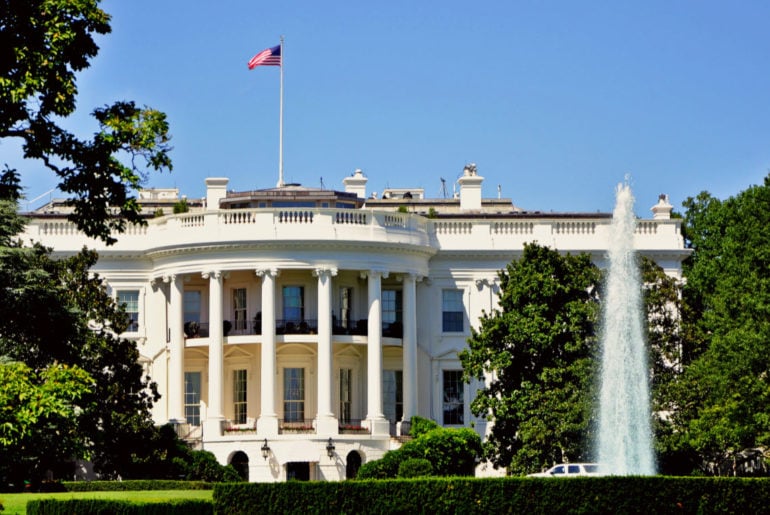A recent Washington Post article about child labor in the Brazilian acai industry underscores the need for companies to develop compliance programs intended to identify and mitigate the risk of possible child labor in their supply chains.
On 6 October 2021, the CETESB (environmental agency of the state of São Paulo) published Board Decision No. 105/2021/P/C of 29 September 2021, which altered Board Decision No. 114/2019/P/C, establishing the “procedure for the incorporation of reverse logistics in the scope of environmental licensing”.
On 10 November 2021, Decree 10,854 was published, addressing several infra-constitutional labor provision on various topics, such as food vouchers, registration before the Workers Feed Program, and transportation vouchers, as well as bringing new labor regulations, such as the Permanent Program for the Consolidation, Simplification and De bureaucratization of Infra-Legal Labor Regulations, and the Electronic Labor Inspection Book.
On 27 October 2021, Regulatory Ordinance of the Ministry of Environment No. 487, dated 26 October 2021, was published. The ordinance establishes the category Forest+Agro under the National Program of Payments for Environmental Services – Forest+, which in turn was established by Ministry of Environment Ordinance No. 288 of 2 July 2020.
A few days away from COP26, the federal government on 25 October 2021 launched the Green Growth National Program.
On 6 September 2021, President Jair Bolsonaro signed Provisional Measure No. 1.068/2021, amending the Brazilian Internet Legal Framework, which regulates the use of the internet in Brazil. The MP was criticized by different sectors of society, who argued that it did not meet the applicable formal and material requirements.
Welcome to this issue of the Global DR Legal Update, our quarterly newsletter which aims to bring together the most important global developments in litigation and arbitration. If you have any questions, or if we can assist further, please get in touch with Ben Roe or Steve Adams.
Bill of Law No. 2058/2021 (BL), initiated by the Chamber of Deputies on 06/07/2021, proposes amendments to the recent and controversial Law No. 14.151/2021, which deals with the removal of pregnant employees from on-site work during the public health emergency of national importance due to the new coronavirus. The BL specifically regulates (i) telework (ii) remote work and/or (iii) other forms of non-presential work, specifically with regard to pregnant employees.
Due to the pandemic and social distancing measures, employers and employees are making use of communication apps to convey changes in the work routine and even termination of the employment agreement. As a result, many lawsuits have been filed before labor courts challenging the use of communication apps for these purposes.
The municipality of Rio de Janeiro published Law No. 7,023/2021, which establishes the Municipal Consumer Code.



